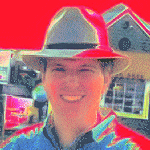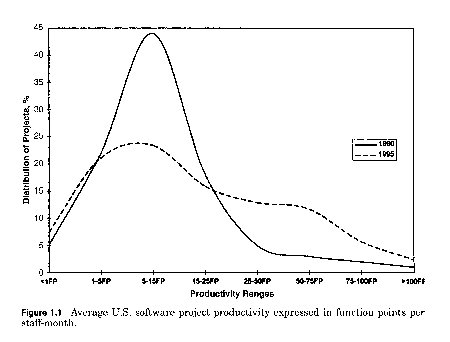
(Professor Castellano is looking for someone to organize an object technology session. If anyone is interested, please contact me. - Jeff Sutherland)
THE 7th WORLD MULTI CONFERENCE ON SYSTEMICS, CYBERNETICS AND INFORMATICS SCI 2003
July 27 - 30, 2003, Orlando, Florida, USA, Sheraton World
http://www.iiisci.org/sci2003/
Honorary Presidents of Past Conferences: Bela Banathy, Stafford Beer and George Klir Program Committee Chair: William Lesso General Chair: Nagib Callaos Organizing Committee Chair: Belkis Sanchez
MAJOR THEMES
* Information Systems, Technologies and Applications
* Communication and Network Systems, Technologies and Applications
* Control Systems, Technologies and Applications
* Computer Science and Engineering
* Optical Systems, Technologies and Applications
* Image, Acoustic, Speech and Signal Processing
* Applications of Informatics and Cybernetics in Science and Engineering
* Systemics
ACADEMIC AND SCIENTIFIC CO-SPONSORS
WOSC: World Organization of Systemics and Cybernetics (France) · The Centre for Systems Studies (UK) · System Society of Poland · Society Applied Systems Research (Canada) · Slovenian Artificial Intelligence Society · Simon Bolivar University (Venezuela) · Polish System Society (Poland) · Italian Society of Systemics · ISSS: International Society for the Systems Sciences (USA) · ISI: The International Systems Institute (USA) · IFSR: International Federation for Systems Research (Austria/USA) · Cybernetics and Human Knowing: A Journal of Second Order Cybernetics and Cybersemiotics (Denmark) · Concurrency and Architecture Group of the Telematics Engineering Department of the University of Las Palmas of Gran Canaria (Spain) · CUST, Engineer Science Institute of the Blaise Pascal University (France) · The Tunisian Scientific Society (Tunisia) · American Society for Cybernetics (Canada) · Laboratory of Research in Computacional Intelligence department of Informatica Universidad Nacional de San Luis (Argentina) · ANS (Academy of non-linear Sciences, RUSSIA)
ACADEMIC/SCIENTIFIC/PROFESSIONAL AND FINANCIAL CO-SPONSORSHIP
· Wolfram Research, Inc. (USA)
TECHNICAL CO - SPONSOR
· IEEE, Computer Society (Chapter: Venezuela)
· Steacie Institute for Molecular Sciences
· National Research Council of Canada
ORGANIZED BY THE IIIS
The International Institute of Informatics and Systemics.
ACTIVE PARTICIPATION
Those interested in participating in:
· The Organization of Invited Session(s)
· The Organization of Focus Symposium
· The Reviewing Process
· The Conference Promotion
· Recommending Scholars/Researchers in order to have an active participation and/or submit the papers
· Proposing Organizations/Institutes/Universities as Academic/Scientific Co-sponsors.
Please, enter to the conference web page: http://www.iiisci.org/sci2003/ , and fill the respective form. If by any reasons you are not able to access the page mentioned above, please, try the following page: http://www.iiis.org/sci2003/ . If you have any problems linking to the conference web pages, or you need to send or receive additional information, contact:
jcastellano@iiis.org










